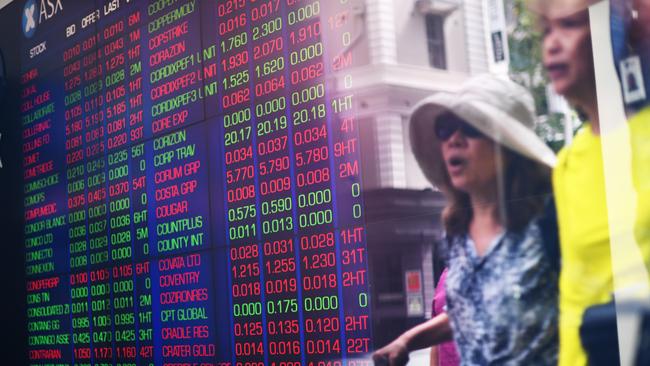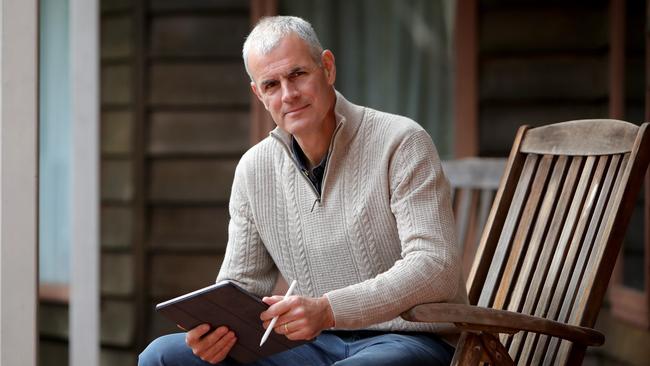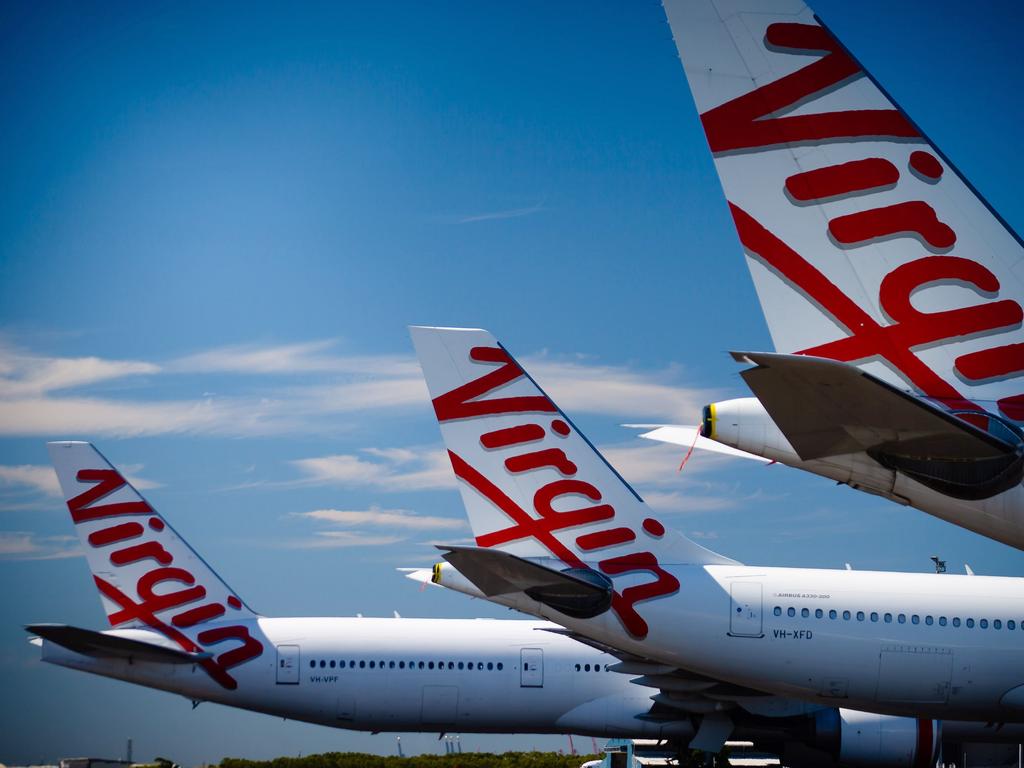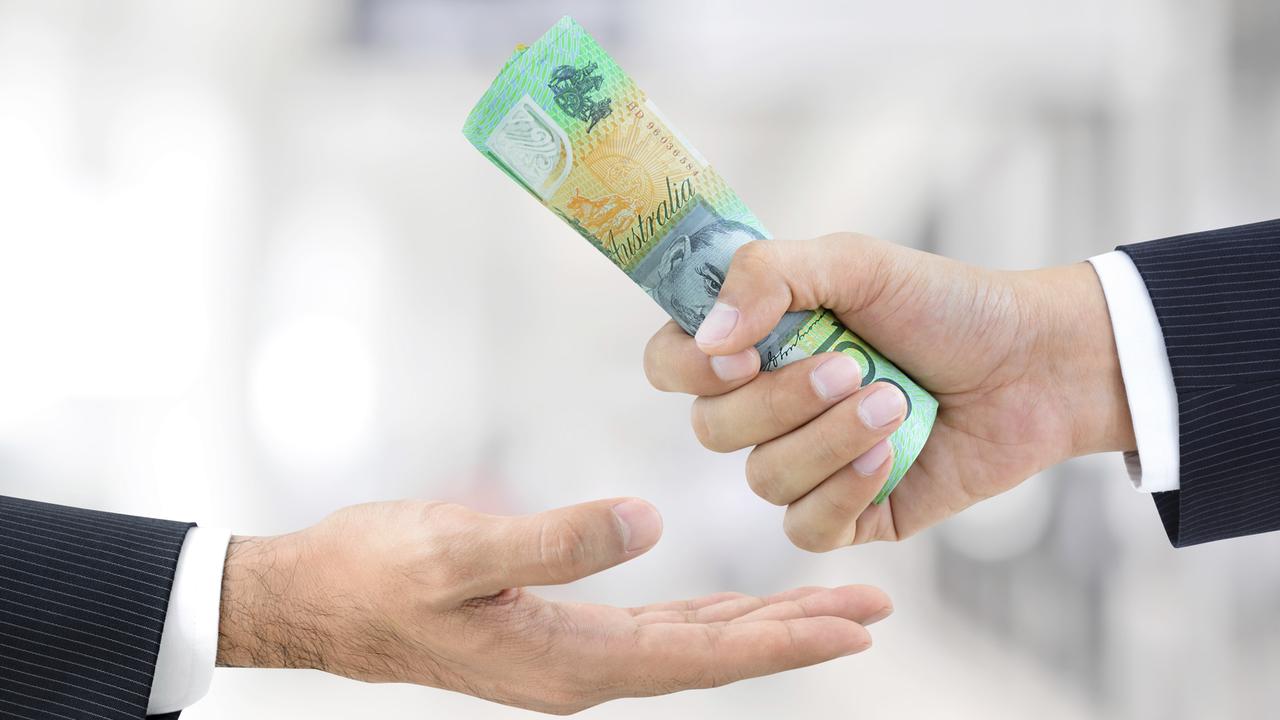Are markets being naive or optimistic?

The recent recovery in equities from its COVID-19 rout isn’t completely detached from reality - it’s fanned by never-seen-before levels of stimulus and a tentative reopening of economies - but the market is proceeding with one eye shut.
A V-shaped recovery has effectively been priced into stocks on the overriding assumption that a vaccine will be available sooner rather than later, or that loosening the shackles will see a rebound in growth.
It’s true that accelerating the recovery, even by six months, would make a huge difference, but global GDP has jumped off a cliff and is scrambling to locate a toehold.
Locally things aren’t quite as bad.
Josh Frydenberg conceded on Wednesday that the nation is in a recession for the first time since the March and June quarters of 1991, or Paul Keating’s “recession we had to have”.
The 0.3 per cent contraction in GDP for the first three months of 2020 captured only the beginning of the pandemic, with the Treasurer agreeing that the June quarter would be much worse.
However, it would be nothing like Treasury’s initial fears of a 20 per cent collapse in output.
“The June quarter, the economic impact will be severe - far more severe than what we have seen today,” Frydenberg said. “That’s what Treasury’s advice to me is.”
The market shrugged off Frydenberg’s assessment, preferring the spin to the substance.
It’s the same everywhere, albeit to varying degrees.
Since its March low, the tech-heavy NASDAQ index in the US has recovered 91 per cent of its losses, with other indexes such as the Nikkei in Japan (76 per cent), the S&P 500 in the US (71 per cent), the ASX 200 in Australia (46 per cent) and the FTSE 100 in Britain (44 per cent) all heavily in the black.
JPMorgan, which is advising Australian clients to be more conservative in their investment portfolios despite the 12.7 per cent year-to-date decline in the index, isn’t the only cautious voice.

All through the recovery, former ASX chief executive Elmer Funke Kupper has been waiting for more clarity before jumping back into the equities market.
While he said in late March that the balance between the upside and the downside would become clearer by the back end of May, his finger is still firmly on the pause button.
“If a vaccine takes until well into 2021, or we see a second wave of infections, the economic recovery will be slower and uneven,” he said.
“A full recovery could then take until 2022 or 2023.
“We will learn more about the economic impact in the next few months as more countries open up and government support reduces.”







Federal Reserve Board chairman Alan Greenspan called it irrational exuberance when Wall Street used to check in its common sense with the front-door concierge during the dot.com bubble of the 1990s.